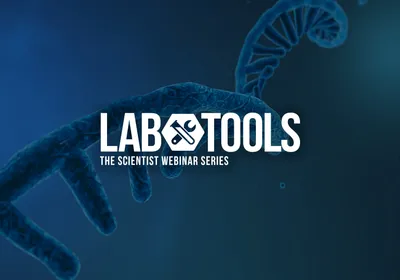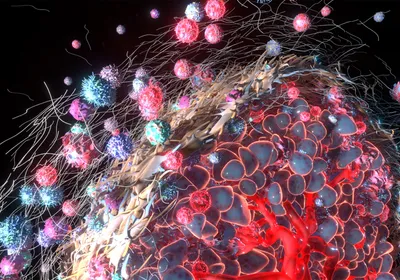 Kidney cancer.WIKIMEDIA COMMONS, NEPHRON
Kidney cancer.WIKIMEDIA COMMONS, NEPHRON
A new study in the New England Journal of Medicine traces the evolutionary trees of tumors to find a high degree of genetic heterogeneity and illuminate why even personalized cancer treatment may not be effective, reported Nature. A single biopsy will only provide insight into the mutations in one location; mutations associated with different prognoses or responsive to different treatments may be lurking in other sites, which could explain why tumors often become resistant to therapy after a period of success, according to ScienceNOW.
"We've known for some time that tumors are a patchwork of faults, but this is the first time we've been able to use cutting-edge genome sequencing technology to map out the genetic landscape of a tumor in such exquisite detail," author ...






















